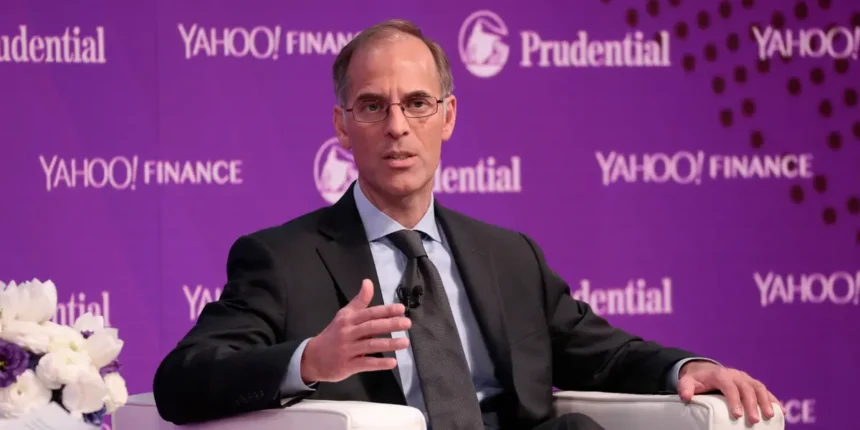Economist Mark Zandi, chief economist at Moody’s Analytics, has issued a stark warning regarding the fragility of the US economy amid recent market fluctuations. He has been drawing attention to persistent threats that have emerged due to ongoing volatility in the financial markets.
Zandi underscored the critical role of the “wealth effect” in driving consumer spending. This phenomenon occurs when rising stock prices make individuals feel wealthier, often leading to increased consumption. However, he cautioned that a disruption in this wealth effect poses a significant risk to economic stability. Recent stock market selloffs, which were triggered by renewed trade tensions between the US and China, serve as a reminder of this vulnerability.
The market downturn was reportedly catalyzed by China’s announcement to impose stringent export controls on rare earth minerals, essential for the technology sector. These minerals are integral to many companies that have buoyed the stock market, highlighting the interconnectedness of global trade and domestic economic performance. Zandi emphasized that a decline in perceived wealth could lead consumers to reduce their spending, which in turn would adversely affect economic growth.
He further elaborated that if stock prices continue to decline for an extended period, the positive growth momentum driven by the current wealth effect could dissipate rapidly, leaving the economy vulnerable to additional external challenges, including the ongoing trade conflict and restrictions on immigration.
In recent trading sessions, the stock market has displayed erratic behavior, rebounding one day only to fall the next. The Dow Jones Industrial Average, for instance, witnessed a dramatic drop of 600 points on one day but managed to recover and post a 250-point gain by midday the following session, illustrating the unpredictable nature of the current market landscape.
As the financial environment remains precarious, Zandi’s insights serve as a crucial reminder for both investors and policymakers of the inherent risks tied to market volatility and the dependencies of consumer behavior on perceived wealth.





